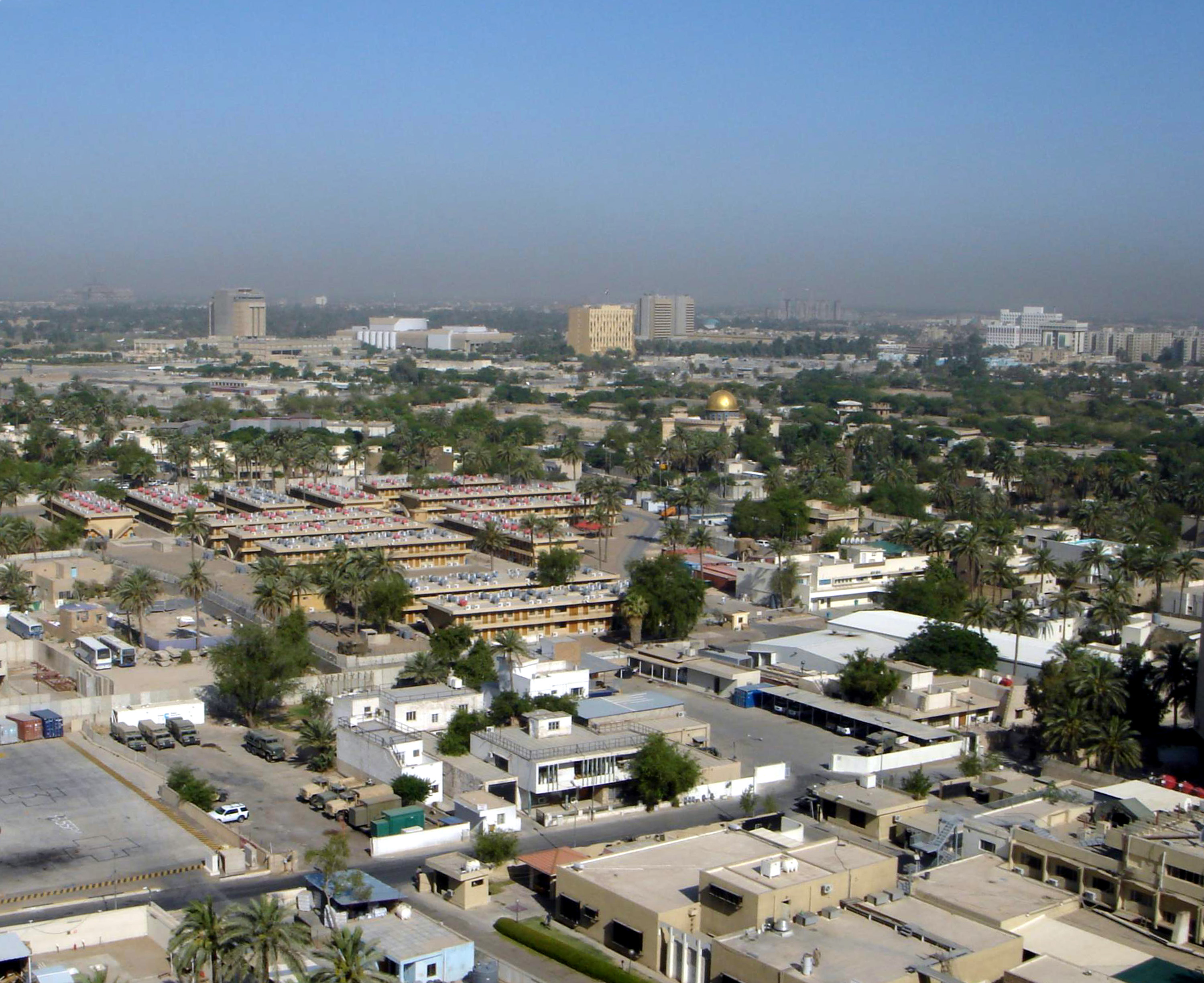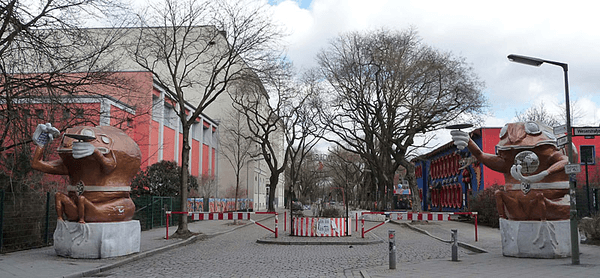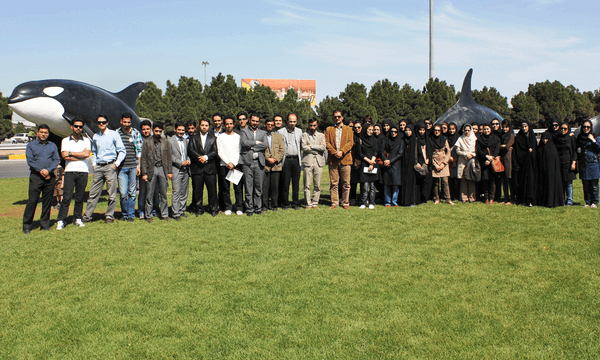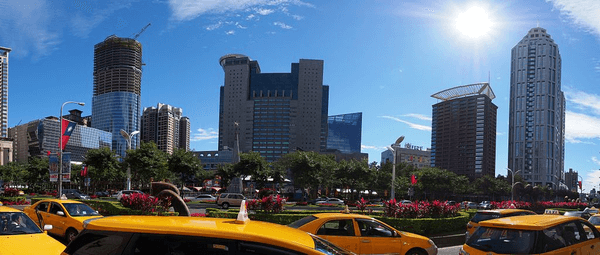In December 1999 Baghdad Municipality appointed a coordinating team and with the help of local NGOs, volunteers in the target areas were selected among residents. In this way establishment of service cooperation started. To enable implementation of block-by-block activities, neighbourhood task groups were formed.
Establishment of a focal point in the Baghdad Municipality took place in January 2000. Inadequate local municipal equipment, from the point of view of the executive team and municipal engineers, was identified. This supported community activities and other necessary steps for planning the part of the community at block level. To understand the social situation in the target community, door-to-door surveys were carried out, in addition in order to spread community participation spirit.
In the eyes of the residents, Baghdad Municipality was responsible for poor urban living conditions, breakdown and lack of services, non-maintenance in fields such as water supply, sanitation, and solid waste collection. Baghdad Municipality was not able to service target areas because of only few functioning vehicles, plant, machinery, and equipment.
This situation was tackled with intensive training or counselling. Preparing for these consultations and workshops with both parties required time and careful planning.
Most important for the site teams were psychological suitability, patience, and ability to speak with, listen, and deal with local communities. Likewise, changing attitudes within municipal staff carried out by project management personnel required leadership, diplomacy, perseverance, patience, and negotiation skills.
To make community participation happen, the executive team had to bring the partners together. First, they had to be sensitised, orientated, and trained to an appropriate level. The entire effort could have been ruined by a lack of sensitivity or a wrong approach. The project also had to train municipal staff in facing local communities.
The local community presented also huge challenges. Transmitting the spirit of community participation to the large population of the neighbourhoods with 2,200 households and more than 22,000 people was one of the major tasks. It was a long process to convince the inhabitants about the benefits of community participation. The facts that residents were angry about local government and Baghdad Municipality thought of residents as arrogant and ungrateful was not helpful towards making both sides open to the idea of teaming up.
Through joint meetings and activities in cleaning up the environment, mutual trust among municipal staff and residents was built. Local communities realised that they could identify their problems and priorities and communicate with the municipalities for help. Their willingness to participate in improving their neighbourhoods was increased, obviously for all concerned. Local communities identified problems which were then solved by the municipality involved. This step enabled expectations of better cooperation to arise and developed understanding on dealing with local communities.
In December 2001, a municipal section for information and awareness was established. Educational campaigns through posters and TV spots were planned and developed by a public relations consultant who followed up the progress during all stages of implementation. Additionally a solid waste consultant was provided by the Municipality to determine the problems in waste disposal, draft recommendations for improvement, and look at recycling as a source of income. Due to environmental hazards this was not implemented, even if it proved to be potentially very lucrative.
From the local government side, Baghdad Municipality was the main partner to the communities. The local municipal bodies at site locations joined later during works implementation, supplying materials, manpower, and equipment.
Finally in January 2002, handbooks for municipal staff were organised, as well as a tri-partite review and evaluation of the project.



